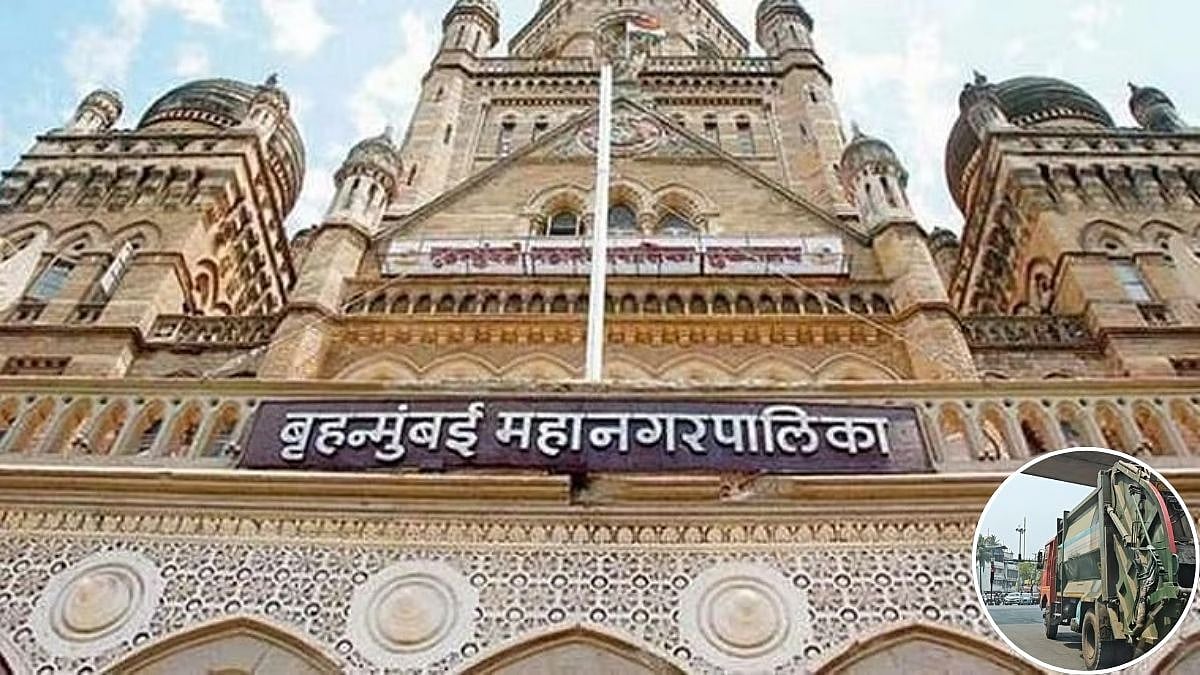The proportion of gross non-performing assets (NPAs) of urban co-operative banks saw a rise in FY20 to 10.8 per cent as against 7.3 per cent in the previous year, the Reserve Bank said on Tuesday.
From a soundness perspective, the number of such lenders bracketed in the lowest "D Category" increased during the last fiscal, the central bank said in the "Trends and Progress of Banking in India" report.
It can be noted that dud assets at the poorly governed urban co-operative banks (UCBs) are a major source of stress, and the crisis at lenders like PMC Bank, which continues to be under directions even after one year, can be attributable to high quantum of NPAs.
Earlier this year, the government amended the Banking Regulation Act to give the RBI complete regulatory and supervisory power over such lenders.
The Reserve Bank of India (RBI) said the quantum of gross NPAs in the 1,539 UCBs increased to Rs 33,010 crore at end-FY20 from Rs 22,093 crore a year ago. "The rise in NPAs may partly be attributable to stagnant growth in loans and advances and weak balance sheets," the report said.
In what can raise concerns, the provisioning coverage ratio - or the amount of money set aside to cover potential losses - slipped to 60.3 per cent from 63.5 per cent in FY19, the report said.
Growth in deposits, that constitute 90 per cent of the total resource base of UCBs, decelerated in 2019-20 after a revival in the previous year, the report said.
From a profit perspective, all the UCBs combined together reported a loss of Rs 4,806 crore for FY20 as against a profit of Rs 3,544 crore, majorly because of the hit on interest income because of high NPAs and lower investments, the report said.
It can be noted that the RBI had to cancel the licences of three UCBs during 2020 because of financial stress.
In its overall assessment for the co-operative banking sector as a whole, the report said, unearthing of a fraud in a major UCB during 2019-20 affected its asset quality and profitability and had a ripple effect on other lenders as well.
"...this episode brought to the fore the systemic risks stemming from a low capital base, weak corporate governance, slower adoption of new technology and inadequate systems of checks and balances," it said, hinting on the learnings from the PMC Bank crisis.
Commercial banks' expansion of reach and presence in rural and remote areas by leveraging on technology and the banking correspondents' network has also intensified competitive pressures on the cooperative banks, the report said.
However, the need to strengthen the sector and render it self-sustaining cannot be overemphasized in the interests of the communities they serve, it said.
The report said amendments in the laws are likely to improve the management and financial performance of co-operative banks and enable RBI to regulate them more effectively.









